Malta has long established itself as one of the best places to buy real estate among foreign investors. Thanks to a stable economy, convenient geographical location, and a favorable tax regime, purchasing property here becomes a profitable decision for both living and investment purposes. However, the process of buying property in Malta has certain peculiarities that need to be taken into account. How to choose a property, what taxes need to be paid, and what documents will be required? Let’s consider each step in detail.
What kind of property can foreigners purchase?
Foreign buyers can purchase property in Malta for foreigners in specific areas, which differ in terms of ownership:
- SDA (Special Designated Areas) – areas where there are no restrictions on property purchases for foreign citizens;
- Ordinary areas – require obtaining an AIP permit, which allows ownership of only one property in the country.
The choice of properties includes apartments, villas, townhouses, commercial real estate, and investment projects. It is worth noting that properties in SDA may be significantly more expensive, but they provide foreign buyers with more rights and flexibility in property management.
Key stages of purchasing property
The process of buying property consists of several consecutive steps that need to be followed for successful property ownership registration.
1. Choosing a property and signing a preliminary agreement
After selecting a suitable property, the parties sign a preliminary agreement (Promise of Sale), which specifies the property’s price, payment terms, and transaction conditions. Usually, the buyer pays a deposit of 10%. The agreement acts as a guarantee of the transaction and obliges both parties to comply with all conditions; otherwise, a financial penalty may follow.
2. Legal verification of the property
Before signing the final contract, it is necessary to confirm the legality of the transaction. The notary verifies the property documents, the presence of debts, or possible legal restrictions on the property. It is important to carefully check not only the property itself but also its compliance with building regulations and permits, especially if the building is old or located in a historic part of the city.
3. Obtaining an AIP permit
If the property is not in SDA, an AIP permit is required. The process may take several weeks. To apply, copies of the buyer’s documents and information about the property to be acquired are needed. The permit is issued on an individual basis and cannot be transferred to third parties.
4. Signing the final sales contract
After completing the checks, the final deed of sale is signed, certified by a notary. At this point, the final payment is made. It is important to note that in some cases, the buyer must pay the remaining amount immediately, while in others, flexible payment schemes are possible if the property is purchased in installments from the developer.
5. Registration of the transaction and taxation
To complete the property purchase procedure in Malta, the property is registered, and the buyer pays a stamp duty. All financial obligations cease, and the owner receives an official document confirming property rights. This document will also be required in case of resale or when applying for a mortgage secured by the property.
Taxes and additional expenses
Purchasing property in Malta involves a number of mandatory payments. These include:
- Stamp duty – 5% of the property sale value;
- Notarial services – typically 1% to 2% of the transaction amount;
- Registration fee – a fixed fee depending on the type of property.
Additionally, there may be costs for property insurance, realtor services, and payment of utility debts if the property is purchased on the secondary market.
How to avoid mistakes when buying?
For a successful property purchase procedure in Malta, it is necessary to learn about the common mistakes made by investors in advance. It is important to consider several key points:
- Thoroughly review the contract – make sure all transaction points are transparent;
- Engage professionals – a notary and a lawyer will help avoid legal issues;
- Check the developer’s reputation – especially important for properties on the primary market;
- Calculate the budget – in addition to the property cost, consider property taxes and associated payments.
Additionally, it is important to check utility payments, building maintenance conditions, and possible future expenses.
Real estate market development prospects
The real estate market in Malta continues to demonstrate stable growth. The main reasons are:
- High interest in property acquisition from foreigners;
- Infrastructure development and increased investment attractiveness of the region;
- Price stability even in conditions of global economic uncertainty;
- Rental demand – active tourist flow supports high rental yields.
Additionally, Malta remains an important financial hub, making property purchase in the country particularly attractive for entrepreneurs and investors.
Conclusions
The process of buying property in Malta requires careful consideration, but when all steps are followed, the process goes smoothly. It is important to study the legal aspects in advance, obtain necessary permits, and involve specialists to assist in the transaction.
Regardless of the purpose of acquisition – whether for personal residence or property investment, buying here remains one of the most profitable decisions. Buying property in Malta is not only an opportunity to enjoy life in one of the most beautiful corners of Europe but also a reliable capital investment with high returns. Long-term market development prospects confirm that Maltese real estate will remain an attractive asset for investors in the coming years.



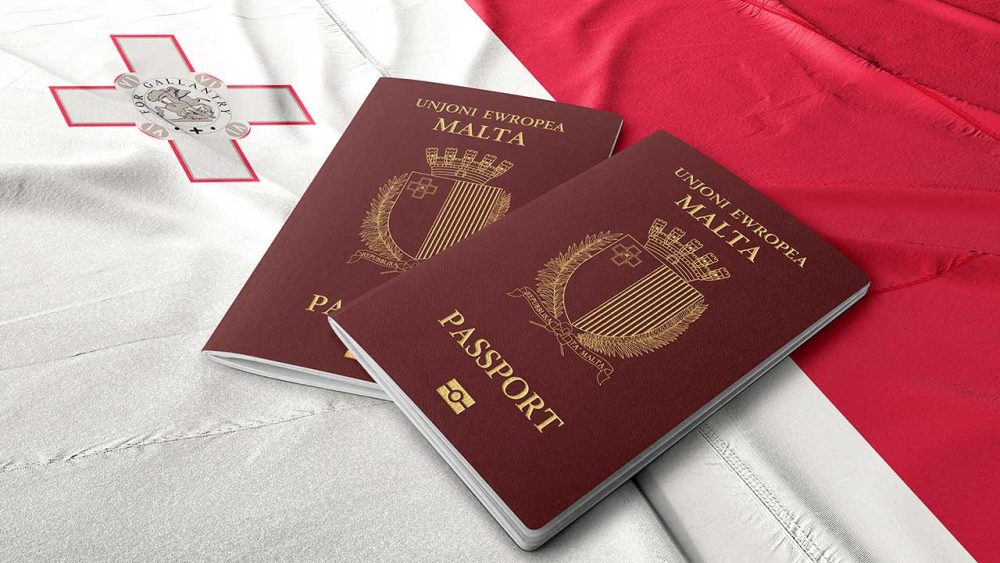

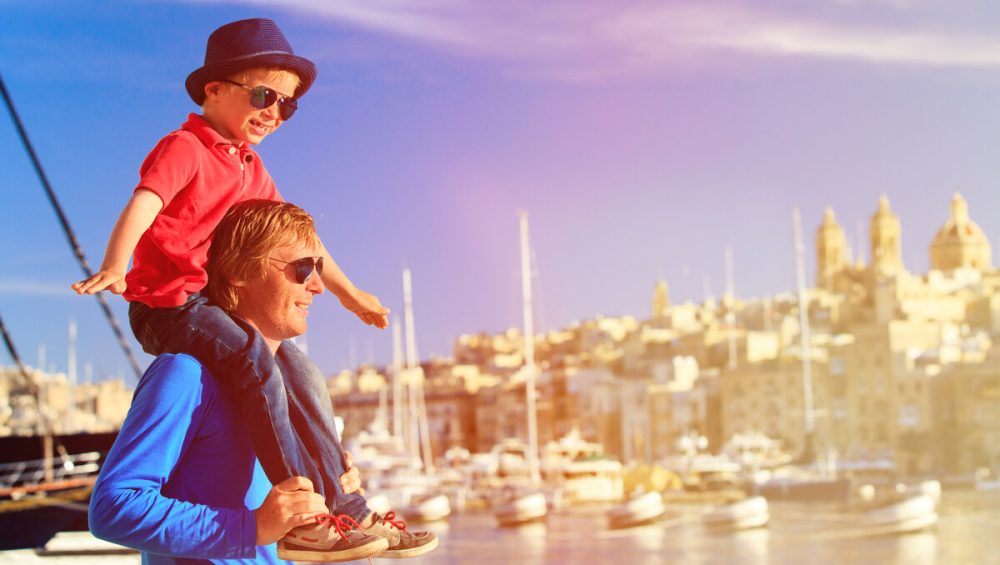


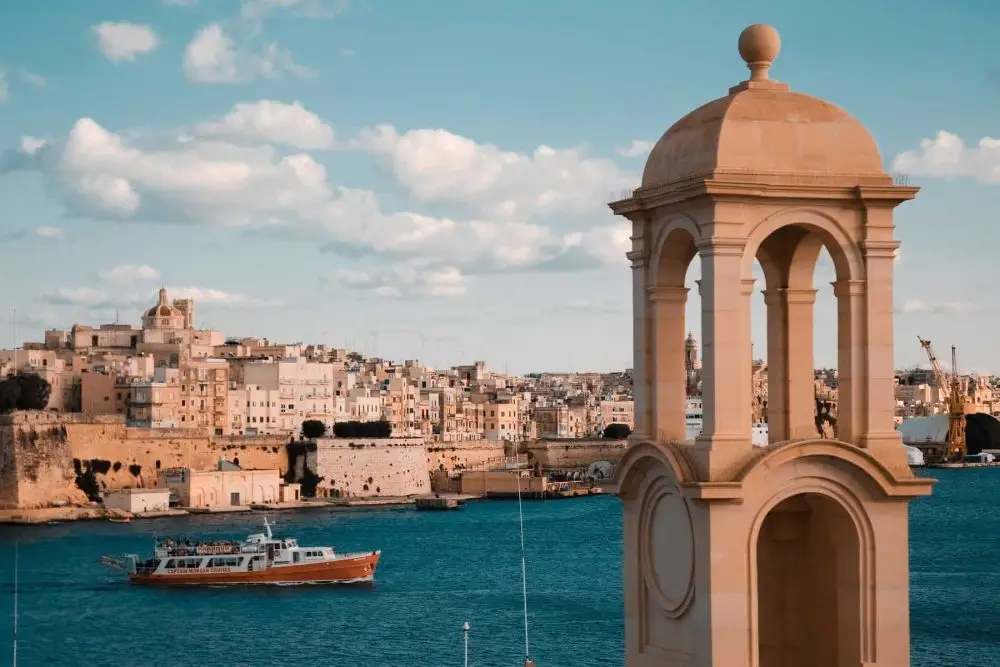
 The naturalization citizenship procedure requires strict adherence to migration and legal consistency. You cannot apply without the previous steps — it all starts with a visa, then temporary residence is issued, after which the opportunity to apply for permanent residence opens.
The naturalization citizenship procedure requires strict adherence to migration and legal consistency. You cannot apply without the previous steps — it all starts with a visa, then temporary residence is issued, after which the opportunity to apply for permanent residence opens.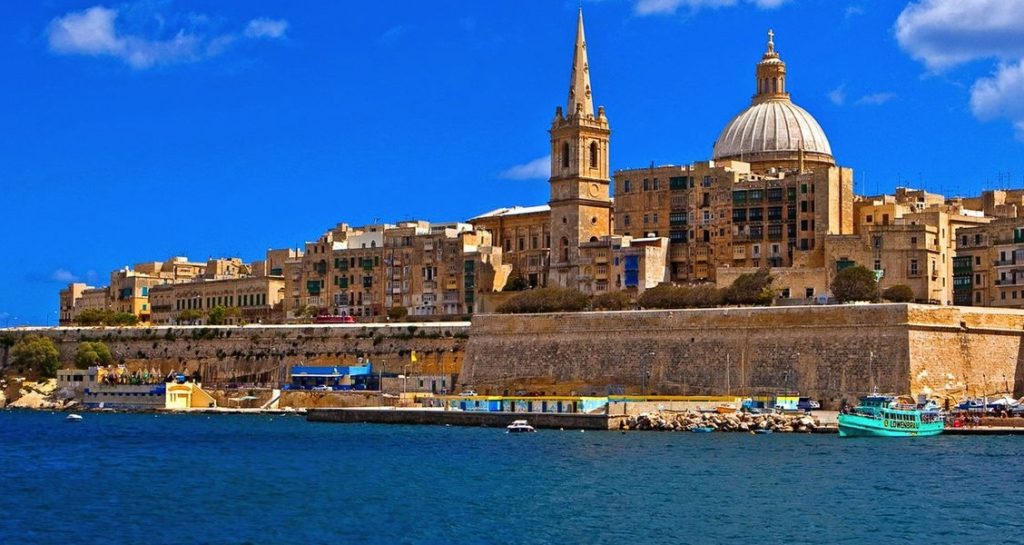 Citizenship by naturalization establishes not just a legal right, but forms a strong bond between a person and a country. Status is formed not by papers, but by deeds. The state builds filters not for the sake of formalities, but for the sake of selecting those who are ready to join the community and participate in its development. The journey may take years and require effort, but the result — a full-fledged passport, access to rights, social guarantees and freedom of movement — fully justifies the investment. At the same time, real estate investments provide flexibility to those who are not ready to wait.
Citizenship by naturalization establishes not just a legal right, but forms a strong bond between a person and a country. Status is formed not by papers, but by deeds. The state builds filters not for the sake of formalities, but for the sake of selecting those who are ready to join the community and participate in its development. The journey may take years and require effort, but the result — a full-fledged passport, access to rights, social guarantees and freedom of movement — fully justifies the investment. At the same time, real estate investments provide flexibility to those who are not ready to wait.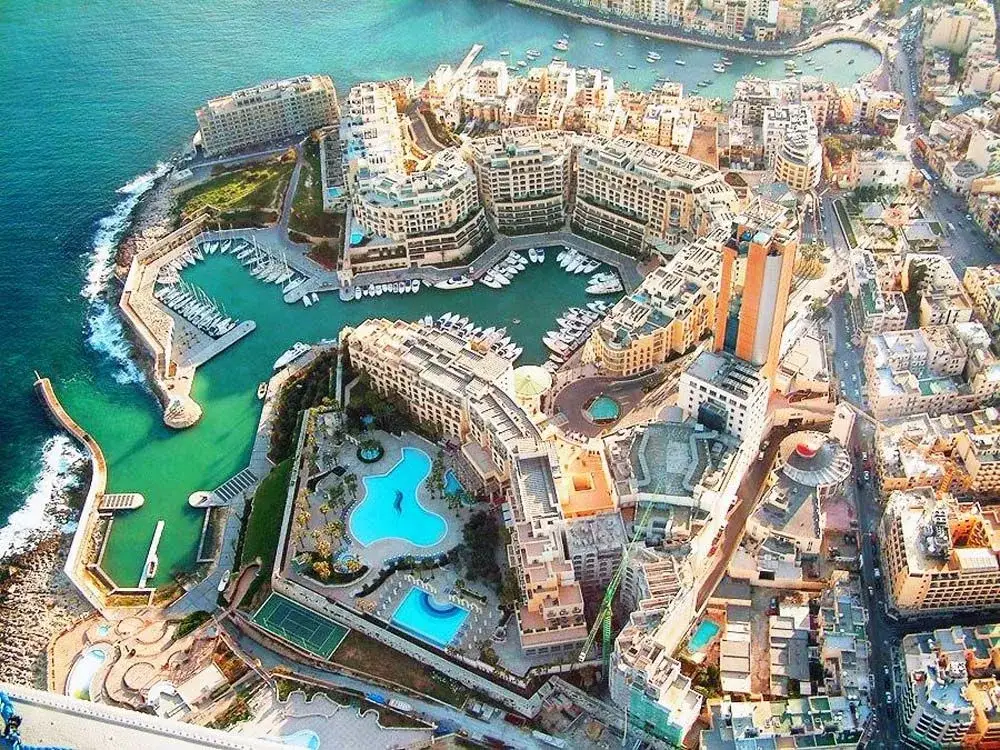
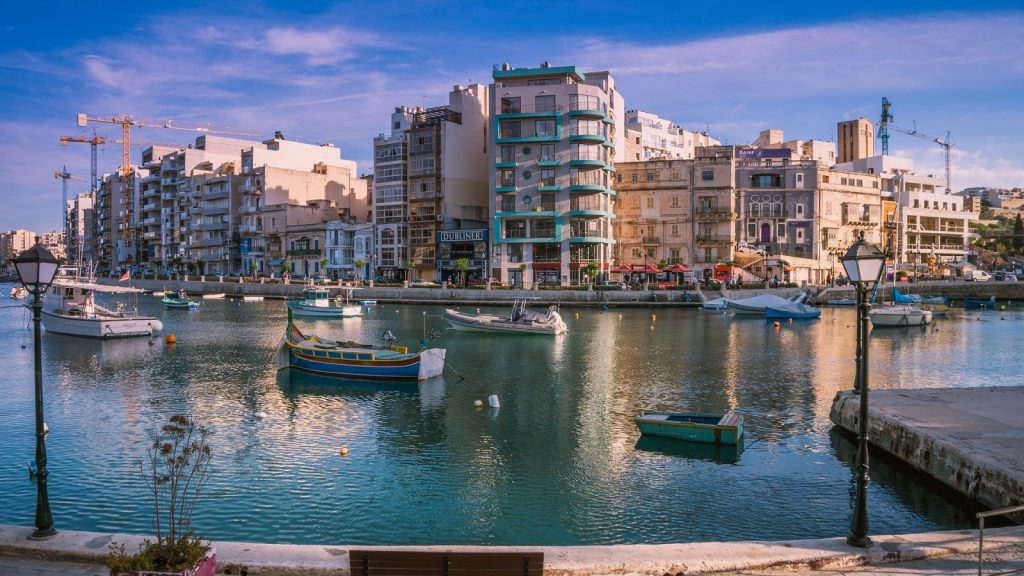 No format allows for a complete absence of costs. And permanent residence in Malta requires a systematic approach to the budget. The costs are divided into mandatory, infrastructural and operational.
No format allows for a complete absence of costs. And permanent residence in Malta requires a systematic approach to the budget. The costs are divided into mandatory, infrastructural and operational.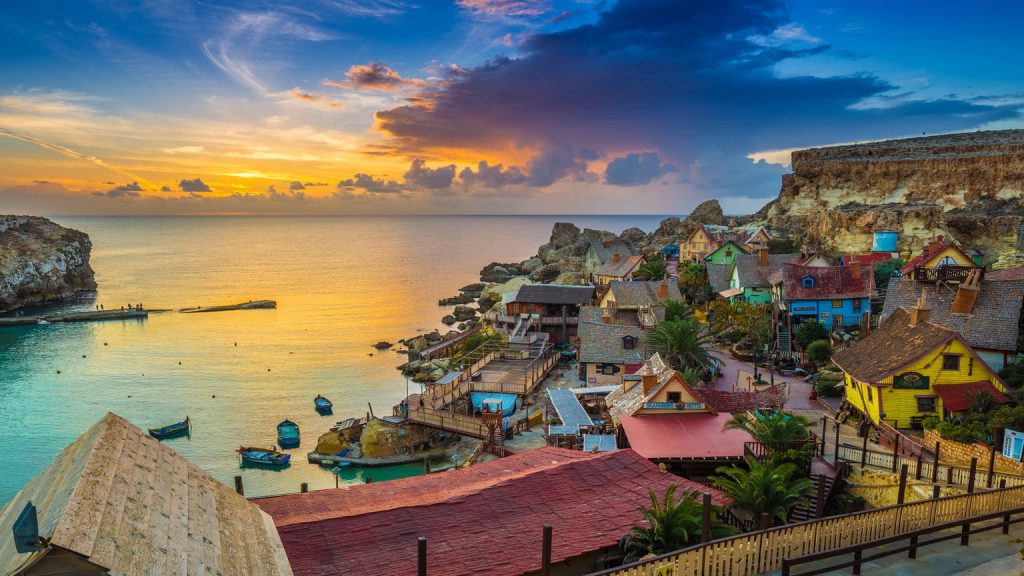 Moving to Malta is an infrastructural decision with implications in taxes, citizenship, business and lifestyle. Each step requires calculation, understanding, and precise coordination. Malta provides access to the EU, the Schengen area, and the mechanisms of the international economy. But it requires transparency, sustainability and a competent approach. Mistakes in documents, chaotic behavior, haste with real estate — each of these moments can negate efforts and invested funds. How to move to Malta for permanent residence is to think not as a migrant, but as a strategist who changes jurisdiction not for the sake of climate, but for the sake of a new model of life.
Moving to Malta is an infrastructural decision with implications in taxes, citizenship, business and lifestyle. Each step requires calculation, understanding, and precise coordination. Malta provides access to the EU, the Schengen area, and the mechanisms of the international economy. But it requires transparency, sustainability and a competent approach. Mistakes in documents, chaotic behavior, haste with real estate — each of these moments can negate efforts and invested funds. How to move to Malta for permanent residence is to think not as a migrant, but as a strategist who changes jurisdiction not for the sake of climate, but for the sake of a new model of life.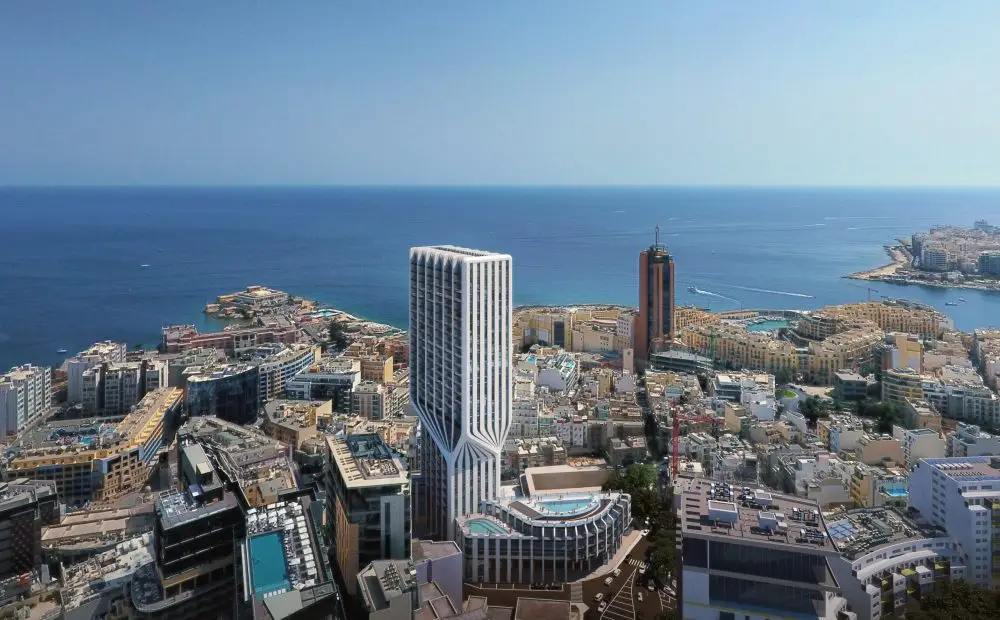
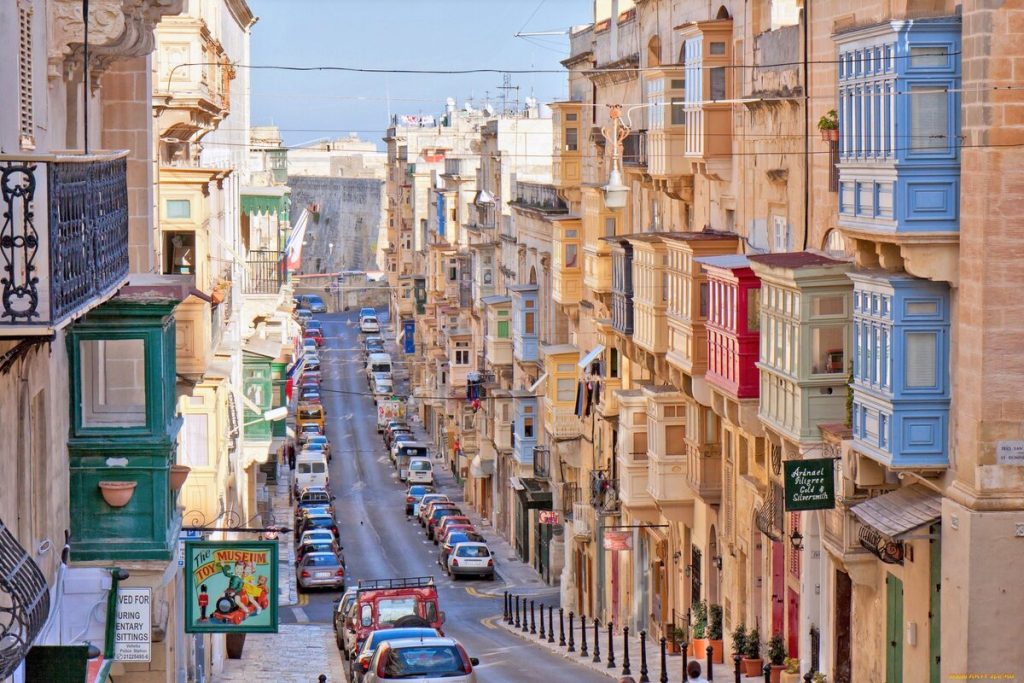 Passive income from real estate is generated by two main streams: regular rents and growth in the market value of the asset. This dual model creates financial stability even in unstable economic conditions. Average rates of return on commercial properties abroad range from 5% to 12% per annum. The choice of country, property type and location directly affects the bottom line. For example, in Thailand, mini-hotels in tourist areas yield 7-9%, while office space in Bangkok yields about 6-7%.
Passive income from real estate is generated by two main streams: regular rents and growth in the market value of the asset. This dual model creates financial stability even in unstable economic conditions. Average rates of return on commercial properties abroad range from 5% to 12% per annum. The choice of country, property type and location directly affects the bottom line. For example, in Thailand, mini-hotels in tourist areas yield 7-9%, while office space in Bangkok yields about 6-7%.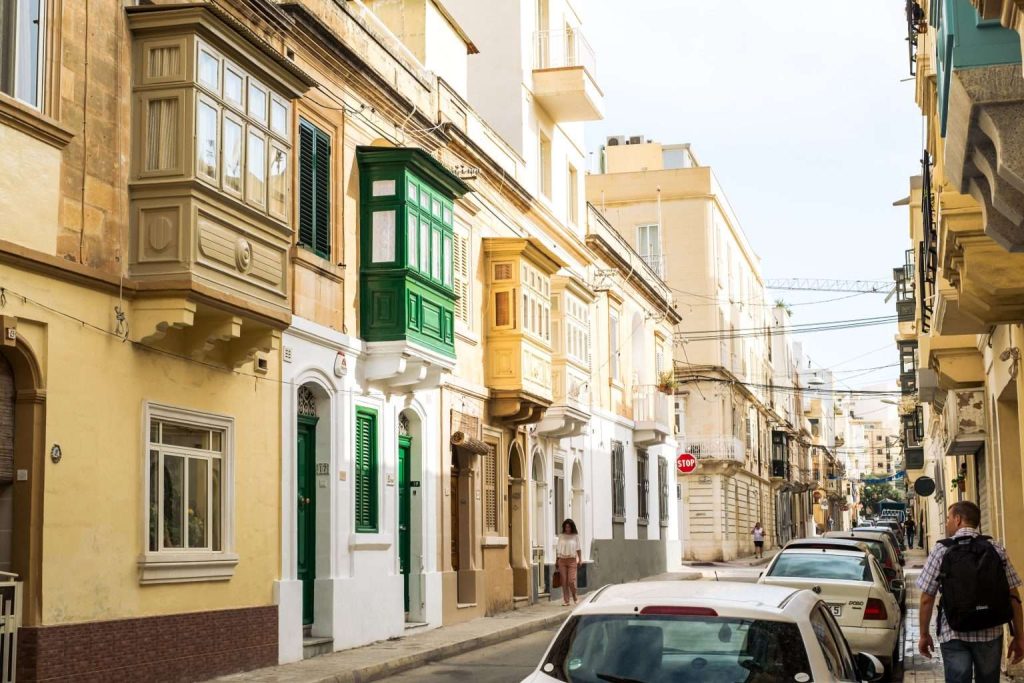 A professionally constructed strategy for investing in properties abroad allows:
A professionally constructed strategy for investing in properties abroad allows: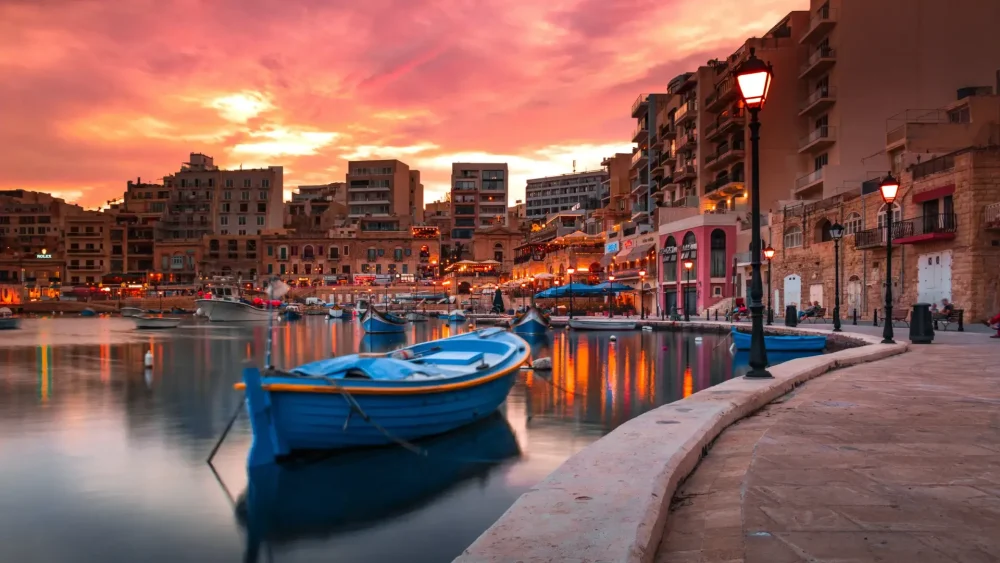
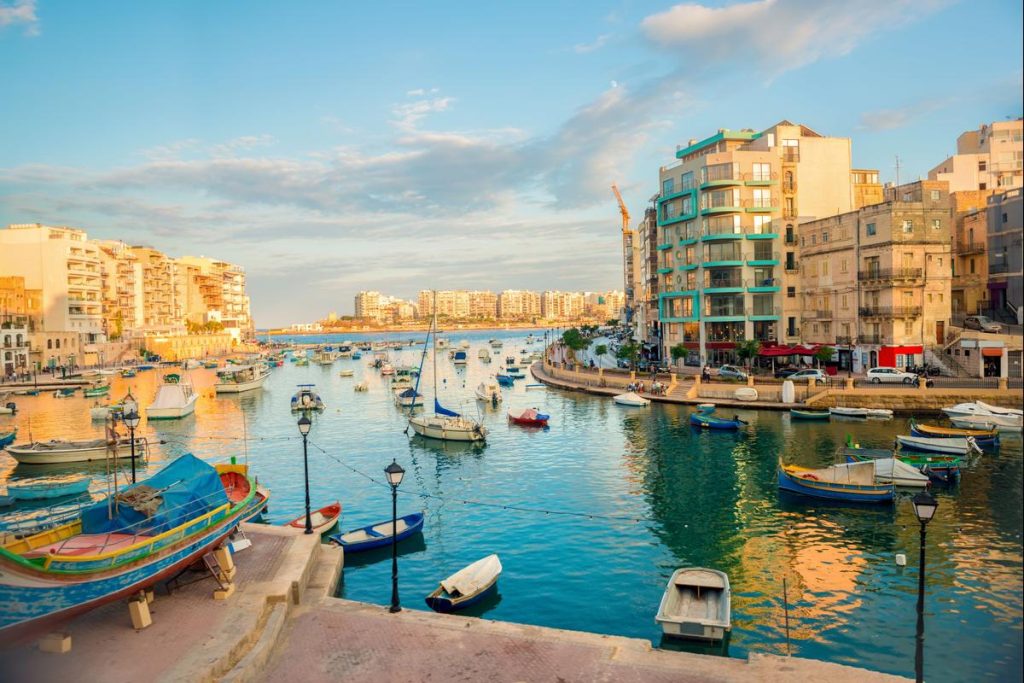 Citizens and residents are subject to commissions at the place of origin of income. The main sources are wages, rent, interest on deposits and dividends. Residency allows the use of deductions for medical expenses, education, mortgage coefficients.
Citizens and residents are subject to commissions at the place of origin of income. The main sources are wages, rent, interest on deposits and dividends. Residency allows the use of deductions for medical expenses, education, mortgage coefficients.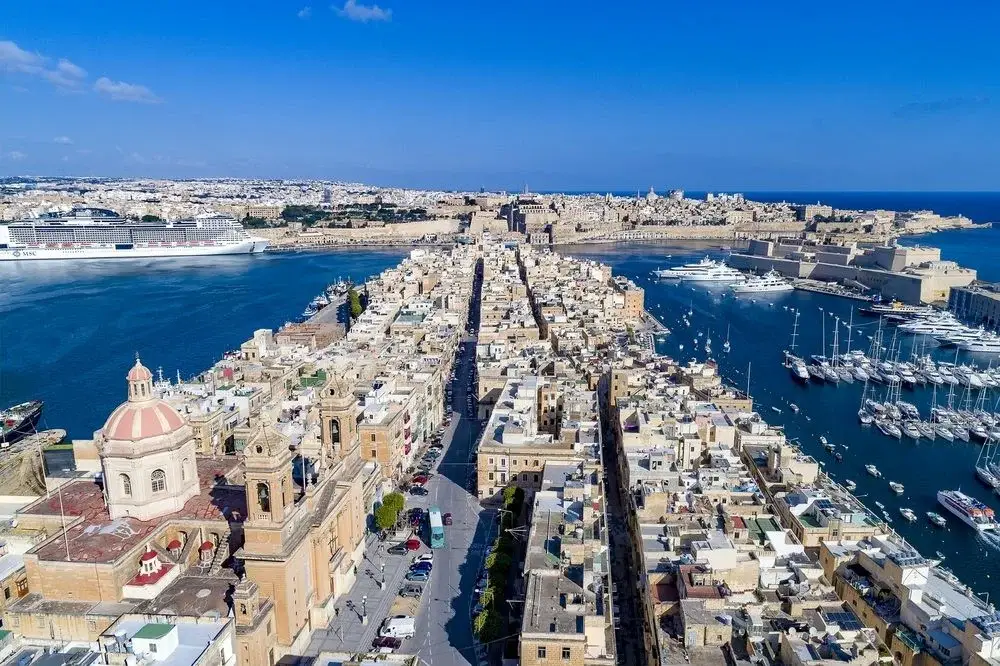 Malta’s tax system combines transparency and flexibility. It is convenient to do business, buy property, manage capital and build a legally sound taxation model. A simple structure, favourable rates and legal protection allow investors to make strategic decisions without risk.
Malta’s tax system combines transparency and flexibility. It is convenient to do business, buy property, manage capital and build a legally sound taxation model. A simple structure, favourable rates and legal protection allow investors to make strategic decisions without risk.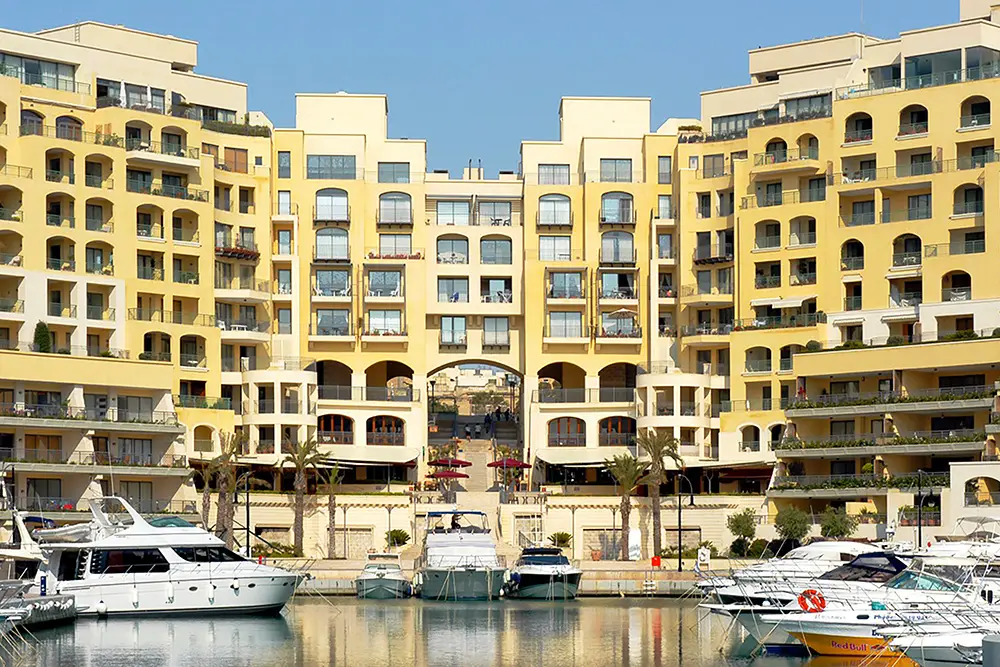
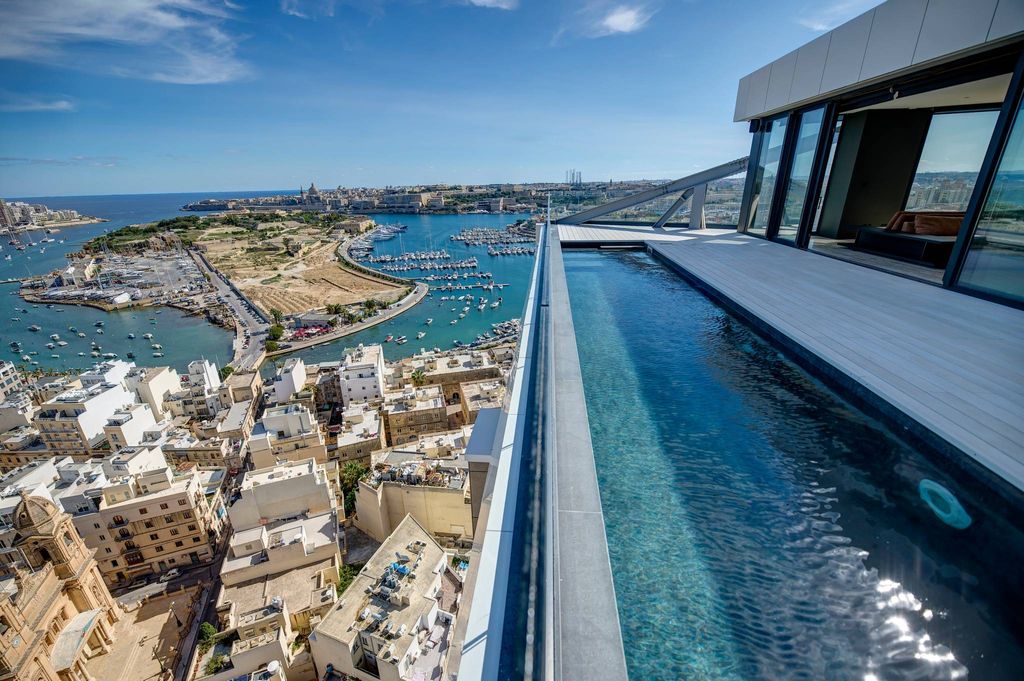 Malta’s investment programme attracts wealthy foreigners interested in obtaining residence permit, permanent residence or even citizenship through investment in the country’s economy. One of the key conditions for participation is the purchase of a property worth €700,000 or more. A purchase of this kind confirms the seriousness of the investor’s intentions and provides a solid basis for citizenship. The state programme “Malta Citizenship by Naturalisation for Exceptional Services by Direct Investment” has been in place since 2020 and gives investors the right to permanent residence, business and free movement within the European Union.
Malta’s investment programme attracts wealthy foreigners interested in obtaining residence permit, permanent residence or even citizenship through investment in the country’s economy. One of the key conditions for participation is the purchase of a property worth €700,000 or more. A purchase of this kind confirms the seriousness of the investor’s intentions and provides a solid basis for citizenship. The state programme “Malta Citizenship by Naturalisation for Exceptional Services by Direct Investment” has been in place since 2020 and gives investors the right to permanent residence, business and free movement within the European Union. Purchasing property on the island is a complex process that requires a thorough approach and careful market analysis. Knowing how to buy a house in Malta and taking into account all aspects of investment, you can ensure a stable passive income and the opportunity to live in one of the most attractive countries in Europe.
Purchasing property on the island is a complex process that requires a thorough approach and careful market analysis. Knowing how to buy a house in Malta and taking into account all aspects of investment, you can ensure a stable passive income and the opportunity to live in one of the most attractive countries in Europe.





